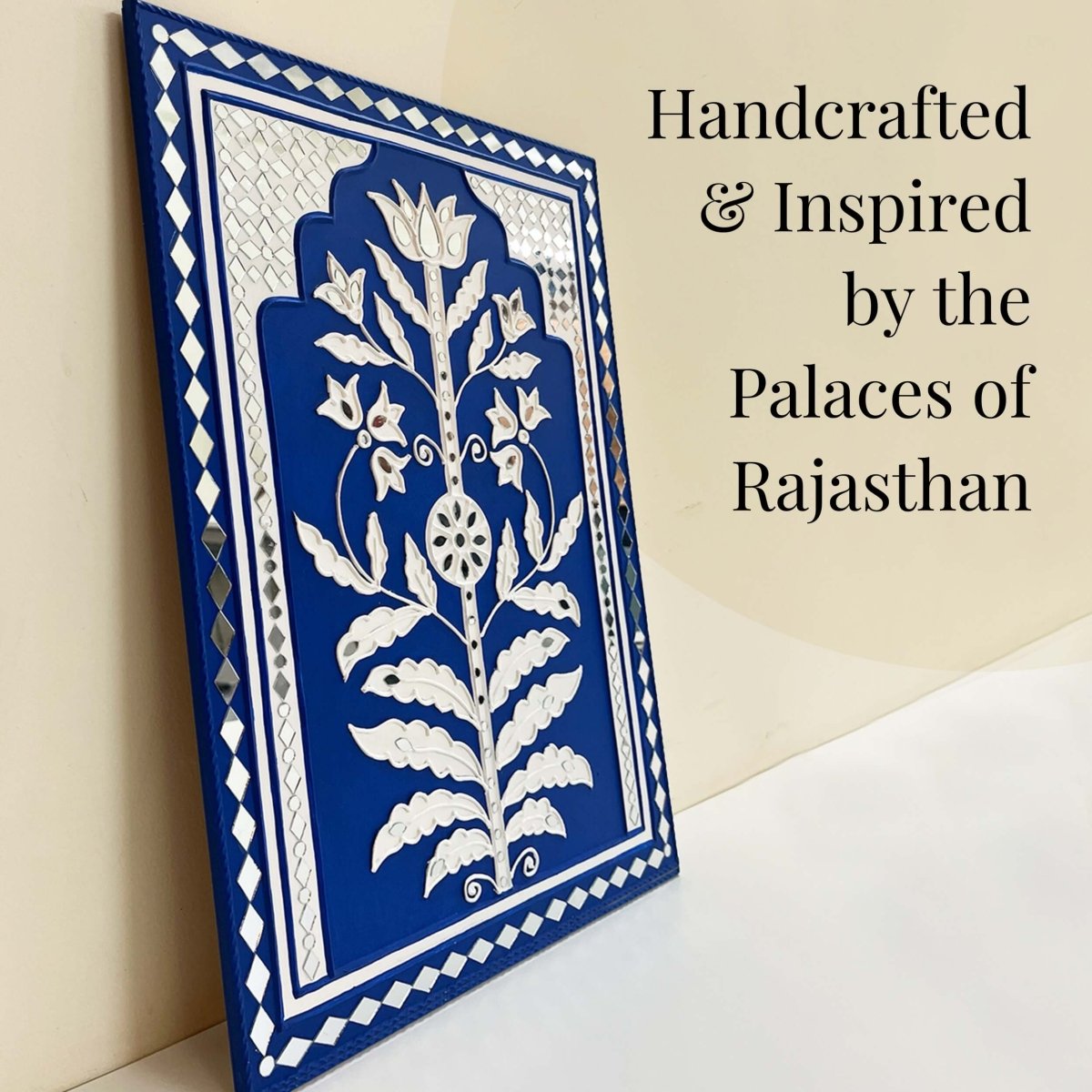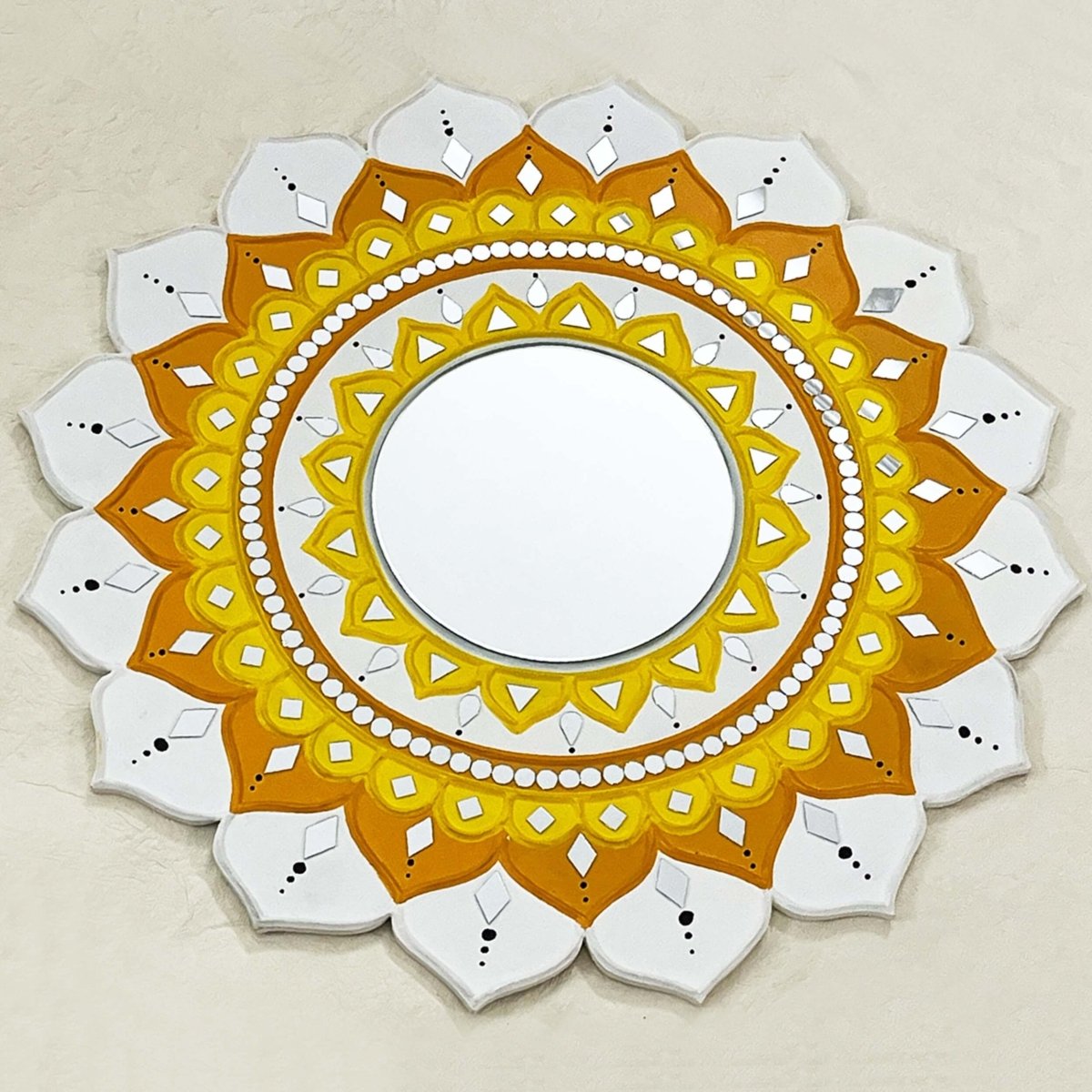The Malabar Jews
BOOKMARK
The Jew town sandwiched between the by lanes of Cochin’s Mattancherry area is a famous tourist hub today. Lined with quaint antique shops and colonial buildings there is an old-world charm about this place. But all that you see here, is just a small slice of Jewish history in Kerala. The Jews of Malabar have been around for millennia and they have deep roots here.
Few sources like S.S. Koder and research papers on Cochin Jews speculate that the Jewish traders first came to India during the time of King Solomon, the third King of Israel and considered to be the most able and wise ruler in the 10th Century BC. According to the above sources, they traded in Indian apes, peacocks and sandalwood. But most speculate these to be Biblical accounts. Others believe that the Jews came from Persia as a result of an exodus, a little later in the 5th Century BC during the reign of King Kobad. One of the oldest printed books on Cochin Jews Noticas dos Judeos de Cochin written by Moses de Pavia, an emissary sent by the Dutch who visited Cochin in mid 1600s, asserts that ‘Seventy to Eighty Thousand Jews’ arrived at the Malabar Coast in 370 CE from Majorca in Spain where their forefathers were taken as captives.
While there are many different views on when the Malabar Jews came, the community themselves believe that they came to the Malabar Coast in North Kerala after the destruction of the Second Jewish Holy Temple in Jerusalem by the Romans in the 1st Century AD. They claim that 10,000 Jews were graciously received by the then Hindu ruler of the region and they were allowed to settle in different parts of the country. The bulk of the Jews settled in Kodungallur - then known as Cranganore around 29 kms northwest of Kochi. This was close to the old site of Muziris, one of the big trading centres of the world at that time. It was also later the capital of the Perumals, the rulers of Kerala. An important centre of commerce, it is not surprising that the Jews, well-known for their business acumen, played an increasingly important role in the trade of commodities like pepper, pearls, muslin, ivory and diamonds here.
The Jews lived in Kodungallur for a long time. Interestingly it is only in mid-14th century CE that they moved to Cochin. In 1341 CE the massive flooding of the river Periyar due to heavy rains, caused silting up the harbour at Kodungallur heralding the end of the road, for it. The Jews were among the first to leave for Cochin which soon replaced the old port city.
The 14th Century CE also saw a new wave of migration of Jews to Cochin. These Jews came in waves from countries like Iraq, Syria and Turkey and smaller groups also came from Yemen and Germany. These Jews were referred to as the Paradesi Jews or the White Jews as opposed to the already existing Jews who were called the Black Jews.
One of the prominent written records of the existence of Jews in Cochin is the copper plate records issued by the Chera king at Kodungallur, Bhaskara Ravi Varma (Parkaran Iravivarnam). Although the traditional date of this plate, according to the Jews is 379 BC, the presently accepted date of this inscription is 1000 CE as suggested by M.G.S. Narayan, Indian historian and former chairman of the Indian Council of Historical Research. These plates record a royal grant to the Jewish chief Joseph Rabban to the rights of Ancuvannam (Anjuvannam) along with 72 proprietary rights enjoyed by high ranking nobles of the Chera kingdom.
Though both the old and the Paradesi Jewish communities lay claim to the right over these copper plates, the copper plates are currently housed in the Paradesi synagogue, built in 1568 CE. This is the oldest functioning synagogue in India. Replicas of these plates were gifted by Prime Minister Narendra Modi to the Israeli Prime Minister, Benjamin Netanyahu, during his recent visit to Israel in 2017.
According to Historian MGS Narayanan, the copper plate privileges were accorded to the Jews because of their co-operation with the Chera king against the threat of invasion by the Chola monarch, Raja Raja Chola.
It was with the advent of Portuguese rule in India, that the Jews suffered the most. In 1498 CE, Vasco da Gama arrived in India. In 1504 CE, the Portuguese captured the port of Kodungallur and looted the houses and shops of Jews and Moors (Muslims). Many of the Jews who had made Kodungallur their hometown for many centuries considered this the destruction of their holy town. This marked the final nail in the coffin of the Jewish settlement in Kodungallur.
The Jews only found respite when the Dutch East India Company took over Kochi in 1661 CE from the Portuguese. During the Dutch rule, the Jews who were suppressed under the Portuguese, found respite. Dutch were tolerant towards the Jews and other trading communities residing at Malabar. During the time of the Dutch rule, a few Jewish families who had immigrated to Netherlands, after their expulsion from Spain (1492) and Portugal (1497), also came to Cochin and settled there.
After the formation of Israel in 1948, many Jewish families migrated to Israel under Israel’s ‘Law of Return’ which gives every Jew the right to settle in Israel and gain Israeli citizenship. Today, there are barely 26 Jews left in Cochin, the last remainder of this ancient community. The synagogues have disappeared and one that remains has become more of a tourist destination than a place of prayer and worship.
But what has remained of this community is their unique identity which is a blend of Malayalam and Jewish culture. The community speaks a dialect of Malayalam which they refer to as Malayalam Jewish language. The rich culture of the community can also be seen showcased in the distinct cuisine most of which is a blend of the local flavours and Yemenite recipes. The community has carried forward their culture to Israel and has successfully passed on the legacy to their children over there.
Malabar, with its many ports from Muziris to Cochin and Calicut has been a melting pot of communities and faiths. At one time there were as many as 7 Jew synagogues along this coast. Today there is only one functional synagogue in the Kochi Jew Town.









